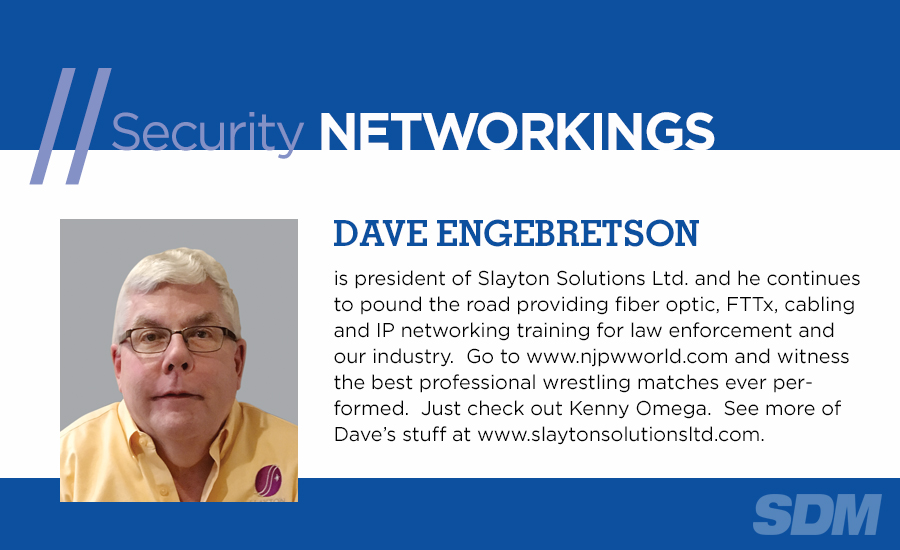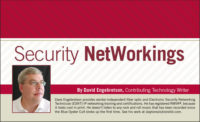I was born when cars had fins, gasoline was 20 cents a gallon and the milkman filled your suburban front porch box with dairy products on a regular basis. When I make a presentation and tell the audience that I started in the electronic security industry 42 years ago, I fully realize that many of the attendees weren’t yet born in 1977.
That said, there are some things in today’s modern world that I just don’t understand. For one, I don’t get the idea of cryptocurrency; while I understand that most of our money is now digitized as numbers on our bank or broker accounts, which represent the value, the idea of wholly digital finances is confusing for me. I have read all kinds of articles about Bitcoin and other cryptomonies, but I don’t understand how these currencies work. And frankly, I don’t care, as I believe in the deposited U.S. dollar for my money needs.
I have been ridiculed at a few retail establishments for using cash to pay for lunch or a cup of coffee. One lady gave me the long nose look-down and said, “Who uses cash these days?” But at a grocery store on a Saturday morning, when all of the credit card processing failed, I was able to move to the front of the line with my pocketful of twenties and leave the credit card holders behind.
There are lots of people who disagree with me about these digital currencies. According to coinmarketcap.com there are currently more than 2,000 varieties of cryptocurrency with an overall market value of $132 billion.
But how secure are these crypto accounts? Recently the largest cryptocurrency exchange in Canada announced that they had “lost” $145 million from user accounts. A percentage of the overall exchange’s deposits were placed into a cold offline storage “wallet,” which amounted to the founder’s laptop computer. When the founder died suddenly in India of an intestinal disease, he took with him the only password to his laptop. The exchange has been pressed into bankruptcy and who knows what will happen to depositors’ lost accounts.
Why do we care? Think about your own business. If a single person left your company for whatever reason, could they walk out with the only user/password set that allows access to your critical data? If you are an owner/operator, maybe you are the person with the “keys” to the data and accounts. What happens if you cannot function in your position — is there some way your employees can keep the business going?
It is obvious that with the constant data breaches and attacks that happen on a daily basis, smart businesspeople will have a rebuild plan in place in case a bomb is dropped on their data pile — and paper may be the only 100 percent safe way to store your important information.
So warm up the printer and dust off the file cabinets; you might want to start printing out your information now. ... Tomorrow may be too late.




